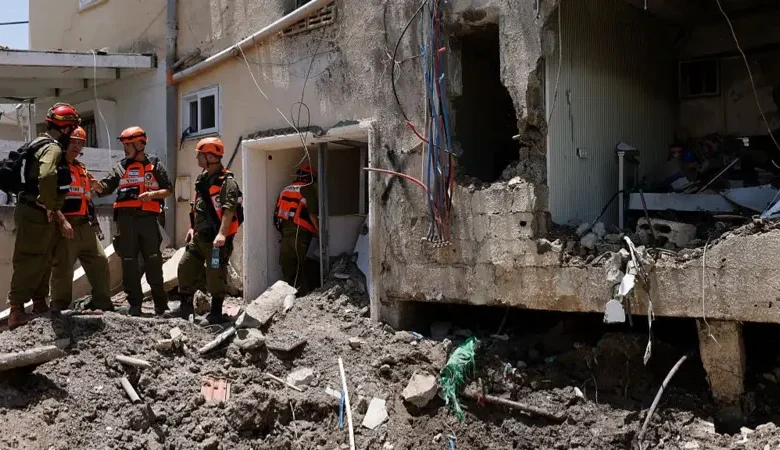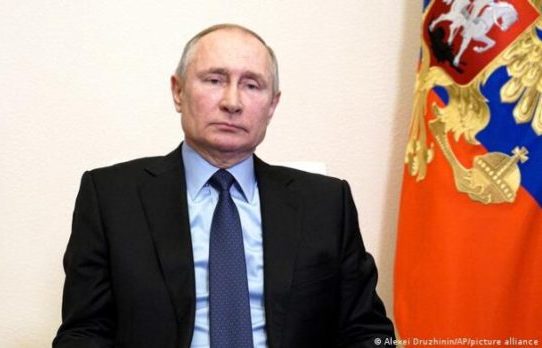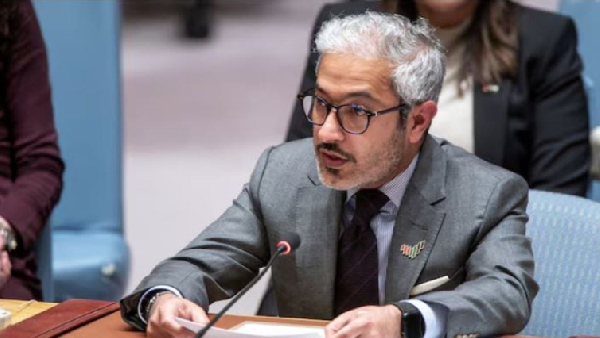Israel-Iran Crisis: What we know so far

As the conflict between Israel and Iran enters its second week, a flurry of developments this morning paints a picture of escalating tensions, diplomatic maneuvering, and unsettling intelligence assessments. Casualties are mounting on both sides, and concerns over a wider regional conflagration are at an all-time high.
In Iran, Mounting Casualties and Warnings Against US Involvement:
Iran’s Foreign Minister Abbas Araghchi, currently engaged in diplomatic talks in Istanbul with Turkish President Recep Tayyip Erdogan, has issued a stark warning. Araghchi stated that any US involvement in the ongoing conflict would be “very very dangerous.” Echoing this sentiment, President Erdogan, a vocal critic of Israeli actions, asserted that “Israel is the biggest obstacle to peace in the Middle East.”
Meanwhile, the human cost of the conflict continues to climb. The Iranian health ministry reports that at least 430 people have been killed since the fighting began on June 13.
In Israel, Targeted Strikes and Drone Incursions:
The Israeli military has claimed significant victories, announcing the killing of two key Iranian commanders in targeted strikes. Saeed Izadi, identified as a Hamas coordinator, and Behnam Shahriyari, a Quds Force commander, were reportedly eliminated, marking a blow to Iranian proxy networks.
Adding to the intensity, the Israeli Defense Forces (IDF) reported a surge in drone activity this morning, with eight Iranian drones flying into Israeli airspace over a period of just over an hour. This latest aerial assault follows previous reports of Iranian drones and missiles hitting Israeli territory since the conflict began.
Israel has also provided its casualty figures, stating that 25 people have been killed, including one due to a heart attack, and 2,517 wounded since June 13.
Shifting Nuclear Concerns and US Internal Disagreements:
Compounding the regional instability is a notable shift in the assessment of Iran’s nuclear capabilities. US Director of National Intelligence (DNI) Tulsi Gabbard has publicly stated that she now believes Iran could build nuclear weapons “within weeks.” This assessment marks a significant change in tune for Gabbard, who only yesterday was publicly contradicted by US President Donald Trump. Trump had told reporters that Gabbard was “wrong” about there being no evidence that Iran is actively building a nuclear weapon. Gabbard has since clarified her position, stating that her earlier remarks were taken out of context and that US intelligence indicates Iran has the capacity to produce a weapon “within weeks to months” if it chooses to finalize assembly.
The confluence of military escalations, high-level diplomatic warnings, and renewed concerns over Iran’s nuclear program paints a volatile picture for the Middle East. As both sides continue their military operations and international calls for de-escalation intensify, the risk of the conflict widening remains a grave concern for the global community.
Source: http://thepressradio.com





